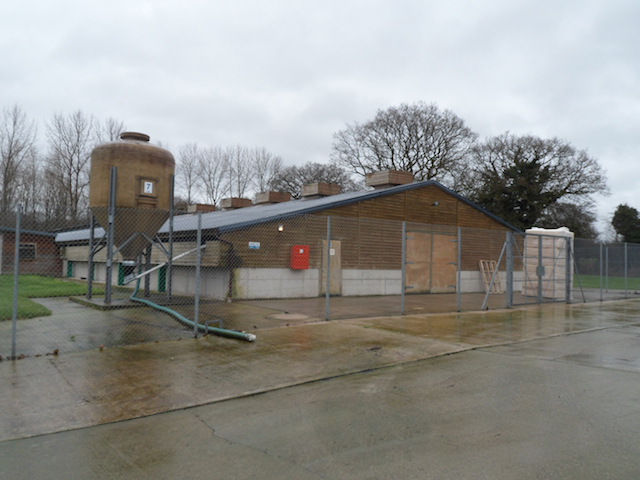Client - Aviagen Turkeys


Aviagen Turkeys commissioned BSSEC to assist with developing an audit strategy that would be required to achieve ESOS compliance.
Client Requirements
Aviagen Turkeys are a premier supplier of breeding stock worldwide. They operate full-scale breeding programmes in the USA and Europe. They have multiple breeding programmes and production centres also maximise product improvement and development.
BSSEC’s role on this particular project was the delivery of ESOS Lead Assessor duties, energy audits, and other supporting activity in order to provide an end to end compliance service compliant with ESOS legislation for Aviagen Turkeys.
Methodology
As Lead assessor, BSSEC undertook the following duties:
- The review of organisational structure
- Group energy data review
- Energy saving documentation review
- Audit methodology and sampling approach
- Review of existing EPC’s and DEC’s
- Review energy consumption calculations
- Energy audits review and aggregation of opportunities
- Identify organisation-wide energy saving opportunities
- Calculate energy/cost savings of measures identified
- Prepare directors sign-off summary report
- Submission to EA (UK)
A gap analysis report deemed it necessary to undertake 4 site audits in addition to an organisation wide transport audit in order to comply with ESOS and account for a representative sample of the poultry farming’s energy use.
Industrial processes accounted for the most energy consumption at around 80%, therefore this was the area focused on for the site audits. A method of sampling was adopted for the facility energy audits for the three sites based on three different process categories; hatcheries, laying and rearing farms. It was recommended that one of each facility type was chosen as a representative sample of the total number of farms. The largest consumer sites were selected to represent each facility type. The site audits chosen reflected the spread of fuel mix, age of facilities, differences in processes undertaken between the categories as mentioned.
The transportation audit covered a representative sample of all fuel consumption types (i.e. petrol/diesel) and vehicle types (vans/freight etc.) within the organisation to constitute the required coverage of total energy consumption. A further breakdown of small/medium/large vehicles within each category were also considered. The audit also looked at fleet management improvements as well as ideas to improve driver efficiency and logistics to minimise energy consumption.
Outcomes
The energy saving opportunities identified by BSSEC from the farm site audits were:
- Energy policy
- MM&T
- LED lighting
- PIR controls
- Free cooling
- CHP
- VSDs
- Passive ventilation system (wind catchers)
- Solar PV
Together, for all four sites, the recommendations by BSSEC offered potential energy savings of around 26% and potential cost savings of around 37%.
BSSEC also recommended the following saving opportunities from the organisation wide transport audit:
- Enhance the company car scheme to reduce emissions
- Introduce processes to measure and reduce vehicle mileage
- Introduce a formal fuel management programme
- Introduce measures to improve efficiency of van fleet
“With a focus on breeding highly productive turkeys, Aviagen Turkeys is also dramatically raising standards of sustainable performance. This unique partnership of productivity and sustainability demonstrates Aviagen Turkeys leading role as a world-class producer.”
Aviagen Turkeys – Enhanced Sustainability (Poster)






